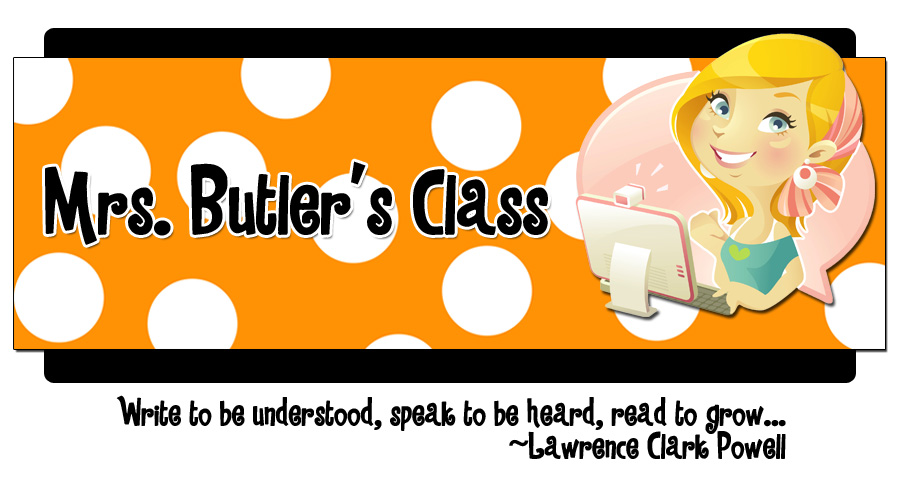Radiation levels in seawater off Japan plant spike to all-time highs
March 31, 2011 9:02 a.m. EDT

Officials say there is no clear sense of what's causing the radiation spike or how to stop it.
STORY HIGHLIGHTS
- A utility official says the contamination came from a leak or ground seepage
- A 140-member U.S. military team of radiation specialists is set to arrive
- A Japanese minister says those near the plant may get free medical check-ups
- Iodine-131 levels in sea are 4,385 times above normal, cesium-137 is 527 times above
The amount of the radioactive iodine-131 isotope in the samples, taken Wednesday some 330 meters (361 yards) into the Pacific Ocean, has surged to 4,385 times above the regulatory limit.
This tops the previous day's reading of 3,355 times above the standard -- and an exponential spike over the 104-times increase measured just last Friday.
Interview Process Continued.
ACTION: During the Interview
Arriving on Time: The first time factor you must consider is the time you are to arrive at the interview. It is important to show up on time. Five to ten minutes early is appropriate, any more than that and you seem too eager and may be interrupting what the interviewer was doing before your appointment. Besides, arriving too early may be awkward and will give you an opportunity to get nervous. Arriving late is completely unacceptable. If you can not make it to the interview on time you must call and provide a good reason for the delay (be prepared for the possibility of having to reschedule the interview). The second time factor you want consider regards the best use of time. The interviewer has many things to accomplish in addition to your interview. Think about the answers you are giving, give precise and short answers. Try to avoid going into detail unless it is requested. The key is to highlight the good things and show the interviewer why it would be a good idea for the company to hire you.
 Introducing Yourself: The first thing the interviewer learns about you, you teach him or her by how you introduce yourself. Be very assured and self-confident when entering the room. Offer a handshake and be sure that it is firm and demonstrates confidence. An example of how to begin would be " Hello, my name is George Jones I am here for my interview." When the introductions are made be sure to remember the name of the person interviewing you. The interview will progress on better terms if you are able to respond using the name of the person you are speaking with. After the introductions are made there should be a seat offered to you. Do not assume that there is a particular place for you, wait until the interviewer motions to where he or she would like to have you sit. Once you are seated and introductions are over the interview is ready to begin. Also, keep in mind that everyone you meet at the organization is important and might have input as to the decision to hire you. It is not unlikely for an interviewer or manager to ask the receptionist or counter person for his or her impressions of you.
Introducing Yourself: The first thing the interviewer learns about you, you teach him or her by how you introduce yourself. Be very assured and self-confident when entering the room. Offer a handshake and be sure that it is firm and demonstrates confidence. An example of how to begin would be " Hello, my name is George Jones I am here for my interview." When the introductions are made be sure to remember the name of the person interviewing you. The interview will progress on better terms if you are able to respond using the name of the person you are speaking with. After the introductions are made there should be a seat offered to you. Do not assume that there is a particular place for you, wait until the interviewer motions to where he or she would like to have you sit. Once you are seated and introductions are over the interview is ready to begin. Also, keep in mind that everyone you meet at the organization is important and might have input as to the decision to hire you. It is not unlikely for an interviewer or manager to ask the receptionist or counter person for his or her impressions of you.The Conversation Between You and the Interviewer: The biggest thing to remember when you are talking to the interviewer is that enthusiasm makes the difference. An example of an enthusiastic response would be, " I would welcome the opportunity to prove myself at that task." When you are speaking be sure that your voice has force and assurance. The surer you are about yourself, the more the interviewer becomes confident that you are capable of doing the job. Treating the interviewer with respect is also very important. You can demonstrate this respect by listening and responding with interest. Such behavior allows you to establish rapport with the interviewer. Rapport (the French word for relationship) is a type of understanding or easy and friendly pattern of interaction between individuals. An example would be the type of conversations you have with really good friends. You are interested in what they are saying, they are listening to you and the conversation flows with little interruption or problems. You have established a rapport with this person that allows you to speak comfortably. This is what you want to establish with your interviewer.
Responding to Questions: When answering questions asked by the interviewer there are four things to keep in mind: listen carefully, make your answers specific and organized, frame the answers positively while emphasizing your strengths, and discuss your weaknesses honestly. First, listening carefully is important because you want to make sure you hear the question correctly. It would be very embarrassing if you answered a question inappropriately because you were only listening to how it was phrased. Second, make your answers specific and organized. Think about the question and then consider your answer before you speak it. Organize your thoughts, so if the question is, "What were your main duties at your last job?" you can concentrate on the top duties and avoid unneeded information. The more you tell the interviewer the bigger the risk you run that they might forget something you said. If you stick to only the most important information, it won't get lost among the unimportant facts. Third, when answering questions form your answers positively. An example of this would be replacing " I work hard," with " I am very determined." Although you should be positive, this does not mean you should be dishonest. This leads to the fourth and final point, honesty enhances your credibility. More likely than not you will be asked what you believe is your greatest weakness. Answering this questions insincerely (for example, "I am a workaholic"), will be noticed by the interviewer and will reflect poorly on you. You can discuss your weaknesses and then tell the interviewer what you have learned from them and how you intend to improve upon them. You can turn a weakness into a positive learning experience.
Interviewing Do's and Don'ts: The things you will want to avoid when you are interviewing are all of the bad habits you have while speaking, or
 when you are nervous. Examples of things to consider are biting your nails, twisting your hair, moving around continuously in your chair, tapping you hand or a pen, and anything else that would be considered fidgeting. Never make assumptions as to what the interviewer is trying to say or ask. If you are uncertain, it is better to ask the interviewer to repeat the question. Other "don'ts" include lying or exaggerating (which might come back to haunt you) and speaking poorly about a former employer. If you "bad-mouth" a former employer, the interviewer will picture you doing the same thing to his or her company.
when you are nervous. Examples of things to consider are biting your nails, twisting your hair, moving around continuously in your chair, tapping you hand or a pen, and anything else that would be considered fidgeting. Never make assumptions as to what the interviewer is trying to say or ask. If you are uncertain, it is better to ask the interviewer to repeat the question. Other "don'ts" include lying or exaggerating (which might come back to haunt you) and speaking poorly about a former employer. If you "bad-mouth" a former employer, the interviewer will picture you doing the same thing to his or her company.There are a number of important "do's" involved in interviewing. Some ideas to try to do while interviewing: make eye contact with the interviewer. There is a significant impact made through good eye contact. This helps to show honesty as well as letting the interviewer know you are truly interested in what they are saying. Watch the Interviewer's body language. Being able to read body language will help you tell what point you are at in the interview. Folded arms, yawning, picking up papers, or concentrating on something else are signs that the interview has lasted too long, or that the answer you are giving is too long and vague. React quickly and positively to any negative signs. An easy way to stop a long answer is to pause briefly and then sum up you thoughts in one sentence. If you have a question or a doubt: ask a question to clarify. This will help you avoid answering inappropriately. The final thing to remember when interviewing is SMILE. Smiles are contagious and will help ease any tension or nervousness associated with the interview.
Complete Cover Letter & Career Personality Quiz

No comments:
Post a Comment